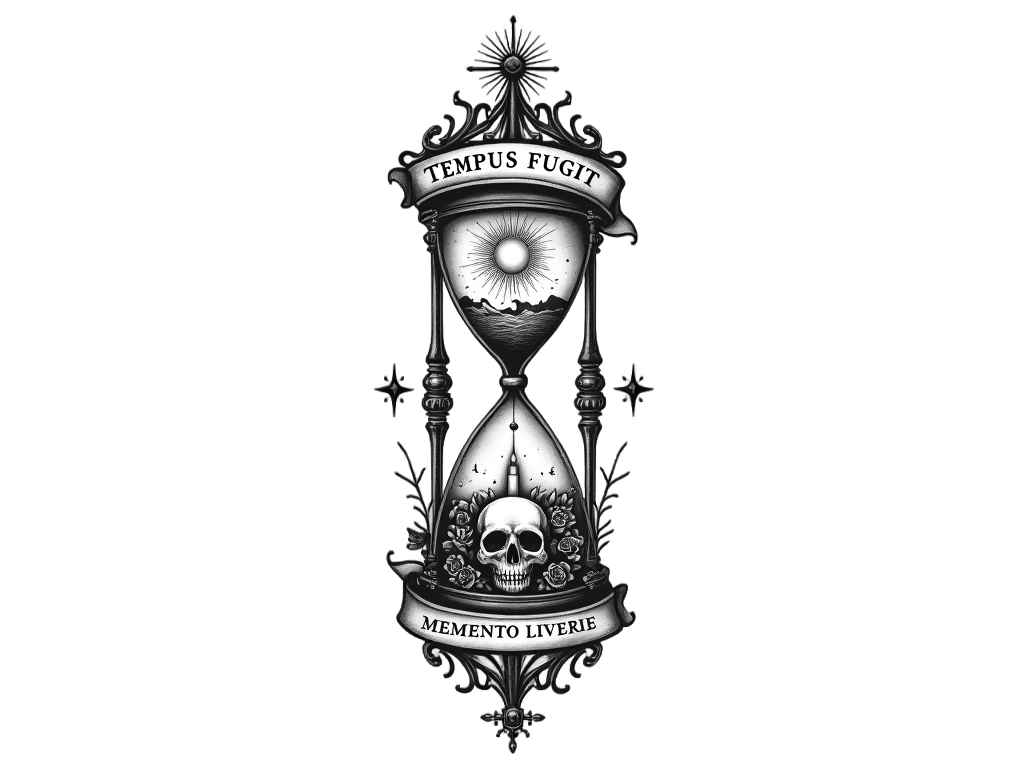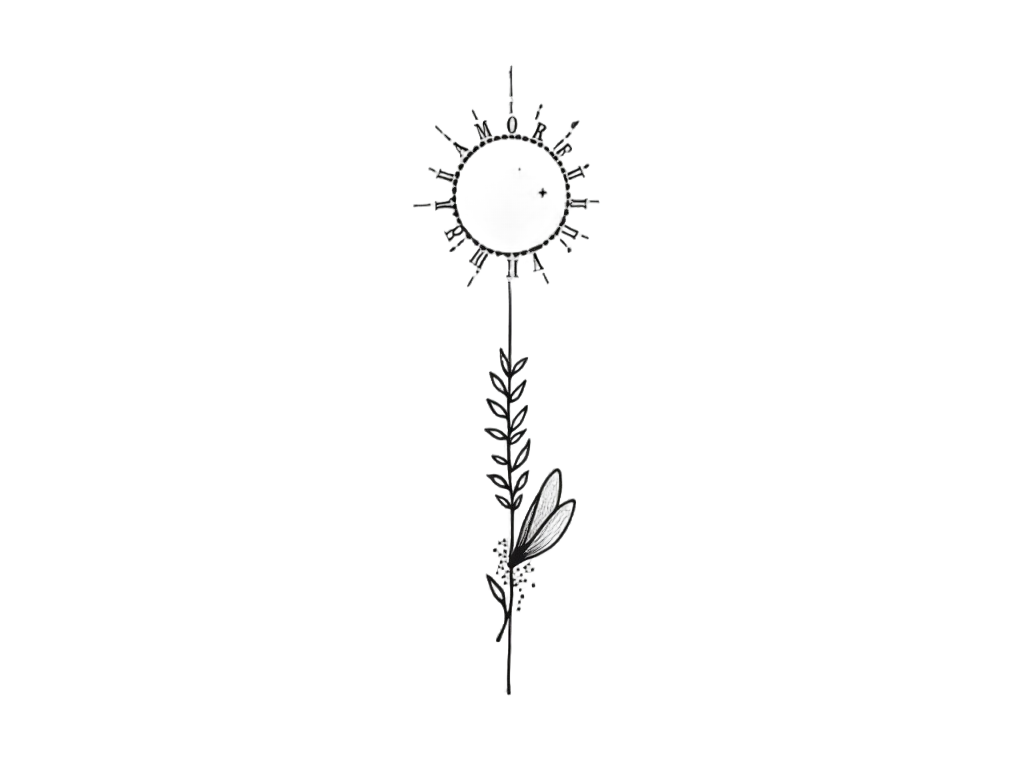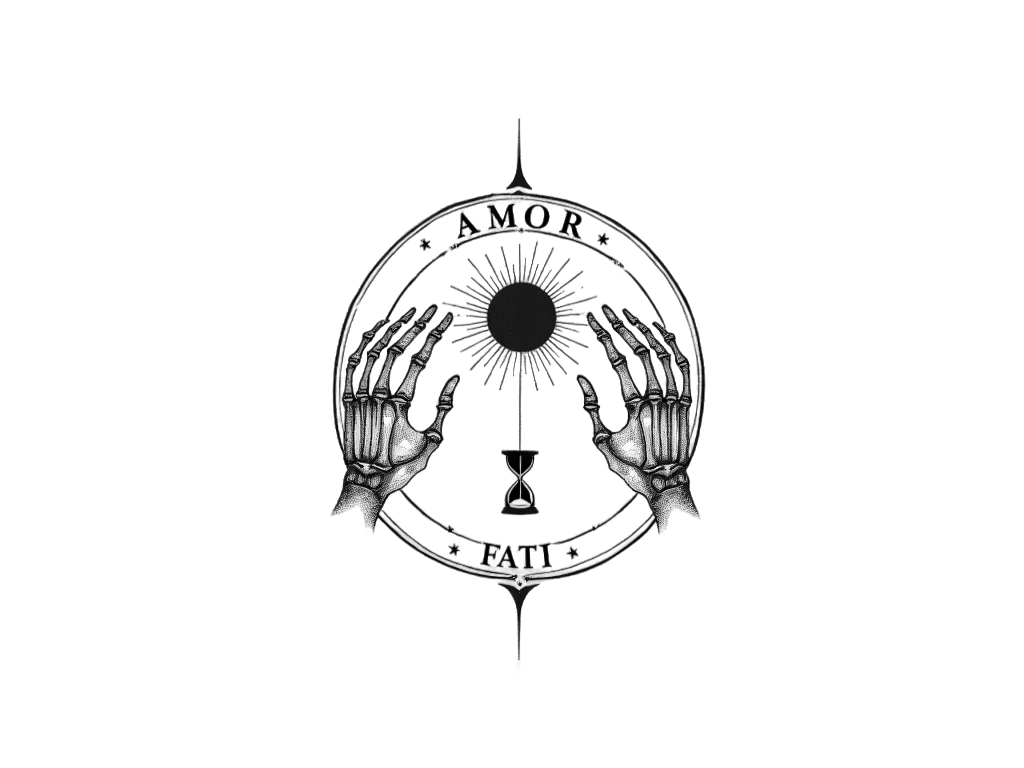Amor fati Tattoo Ideas, Designs and Meaning
Meaning of Amor fati Tattoos
- "Amor fati" is a Latin phrase that translates to "love of fate" or "love of one's fate."
- This tattoo idea embodies the acceptance and embrace of all life's events, both good and bad.
- It is often associated with the philosophy of Stoicism, which emphasizes resilience and finding peace in accepting the natural course of life.
- The phrase encourages individuals to view challenges and hardships as necessary parts of their journey, fostering a mindset of growth and learning.
- Historically, "amor fati" has been linked to philosophers like Friedrich Nietzsche, who advocated for the acceptance of one's destiny.
- Culturally, it resonates with those who seek to live life without regret, embracing every experience as essential.
- This tattoo is popular among both men and women, often placed on visible areas like the forearm or wrist as a daily reminder.
- The style of the tattoo can vary, ranging from simple script to more elaborate designs incorporating symbols like the infinity sign or compass.
- "Amor fati" tattoos are often chosen by individuals who have overcome significant life challenges and wish to commemorate their journey.
- The tattoo serves as a personal mantra, inspiring a positive outlook and a commitment to living authentically.
2,087 Tattoo Ideas


Amor fati” | Tattoofilter
Selection from Pinterest
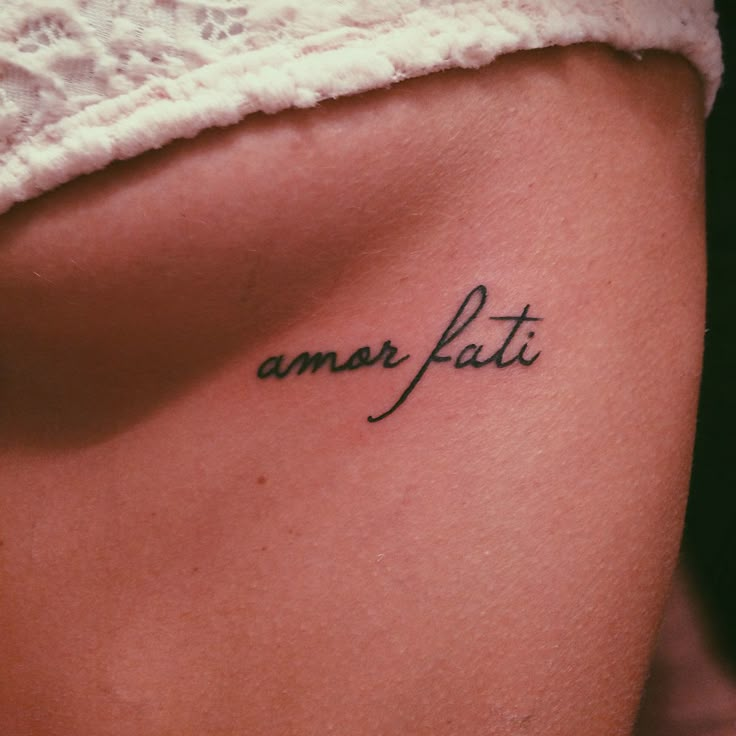

amor fait
Selection from Pinterest
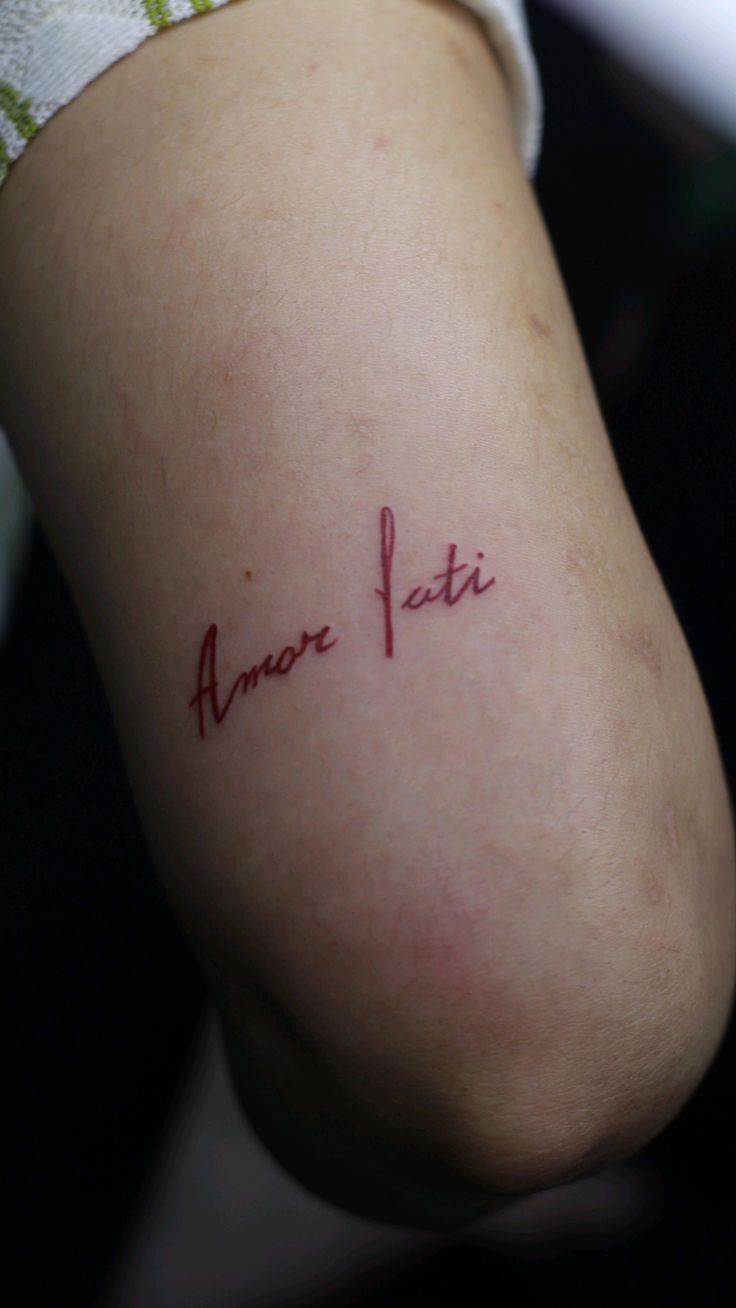

Amor Fati Tattoo In Red Ink
Selection from Pinterest
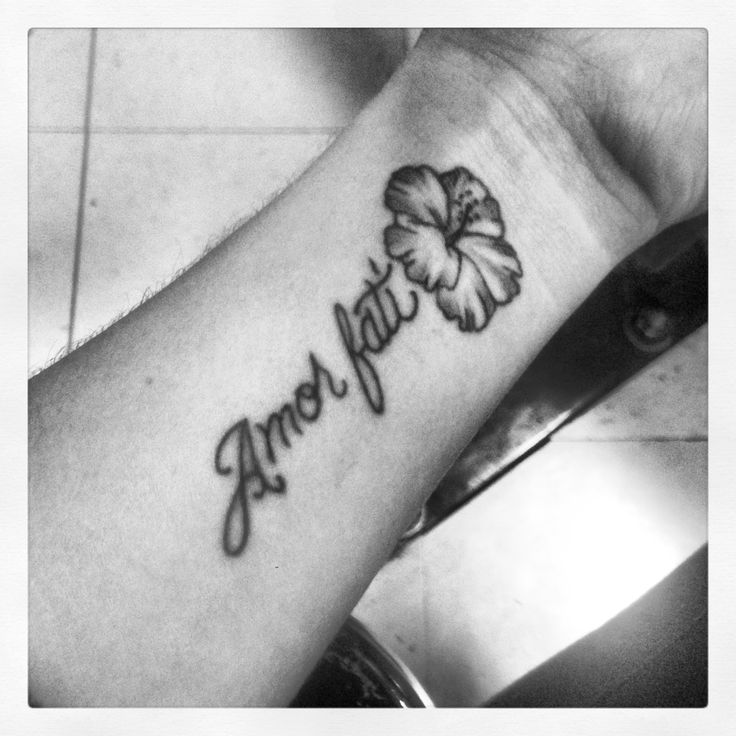

Amor fati. Love your fate. Tattoo love.
Selection from Pinterest
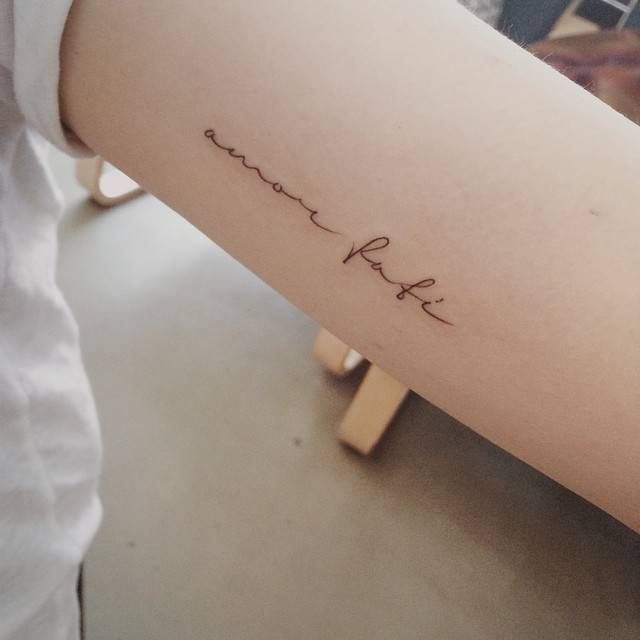

Amor fati" tattoo in the left inner arm.
Selection from Pinterest
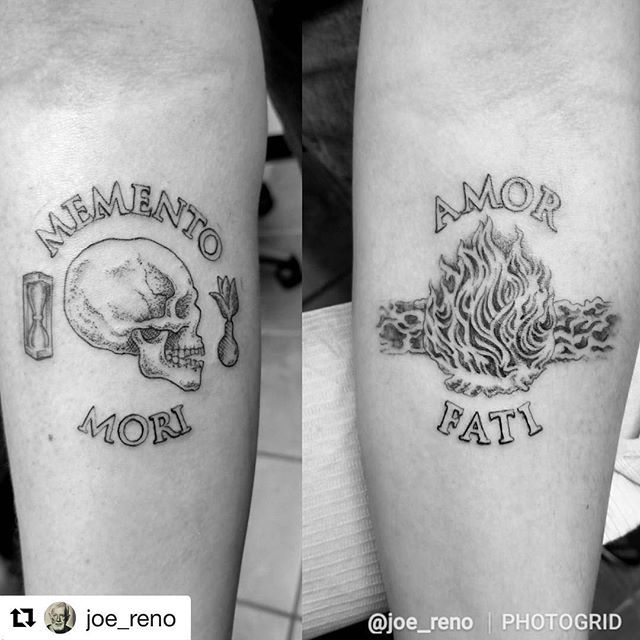

Awesome! #Stoicism #MementoMori #AmorFati # #Repost @joe_reno #fineline Thursday. #mementomori #amorfati #shoguntattoopasadena #therealshoguntattoo many thanks Abe
Selection from Pinterest
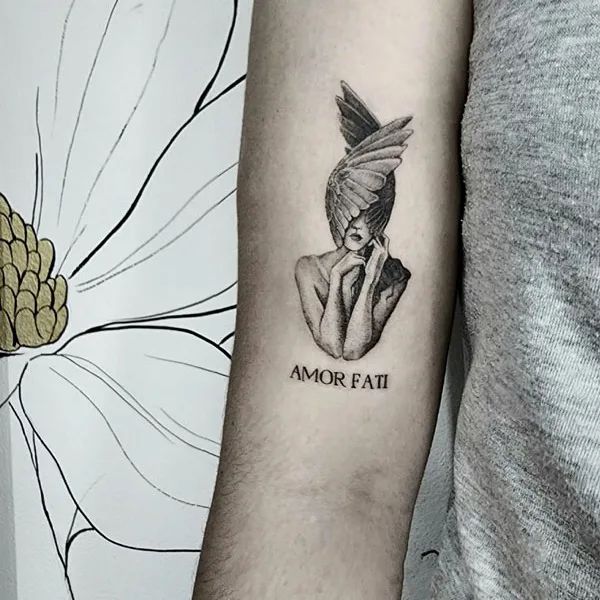

98 Amor Fati Tattoo Ideas For Reconnecting With Your Inner Self
Selection from Pinterest
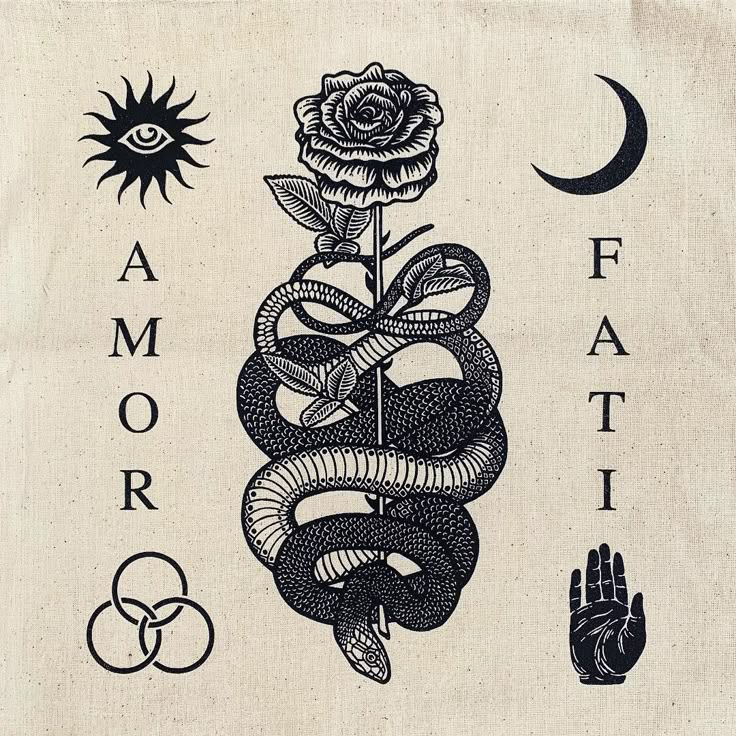

I'm down to my final 3 Amor Fati tote bags. You can get 20% off these and everything else in my store for the rest of the week with the…
Selection from Pinterest
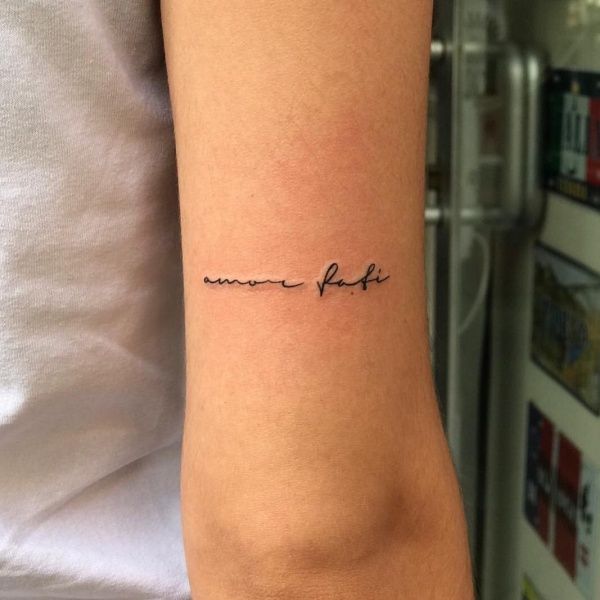

HANTAM88 > Promo Deposit dan Klaim cashback 50%
Selection from Pinterest
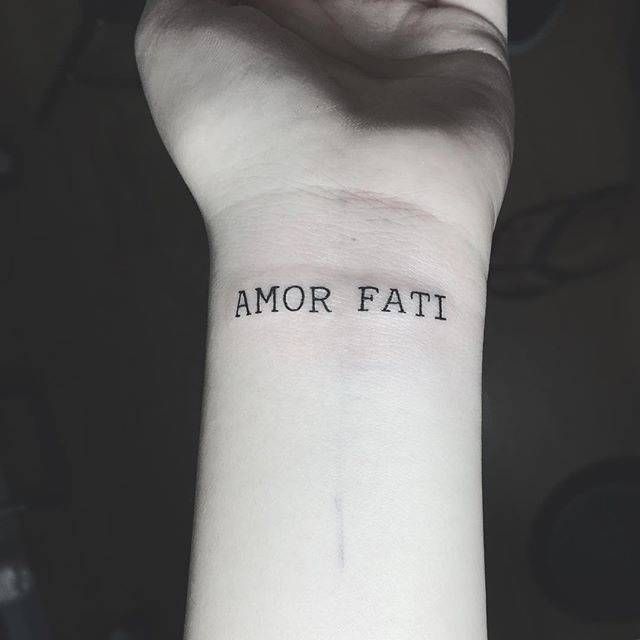

Amor Fati”
Selection from Pinterest
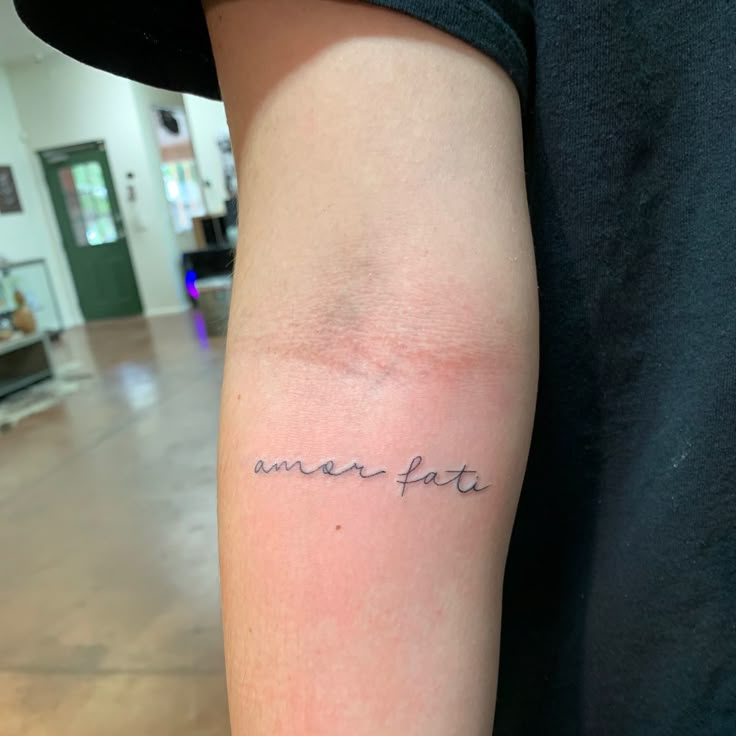

Small tattoos with meaning | Amor Fati aka Love of Fate
Selection from Pinterest


Amor Fati
Selection from Pinterest
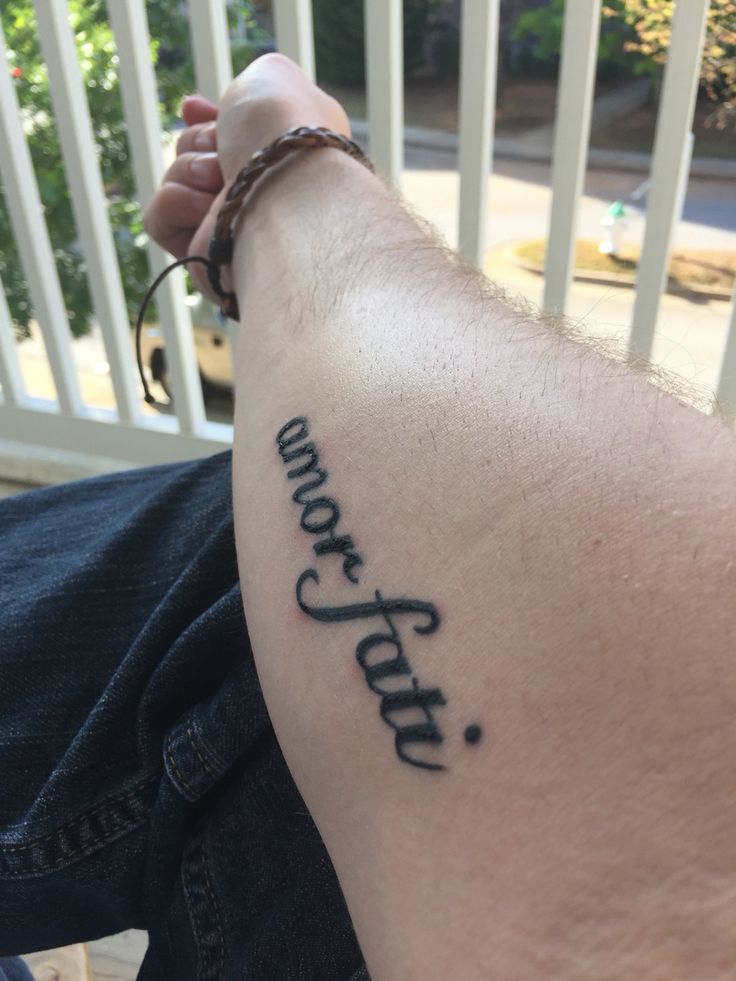

amor fati forearm tattoo - "Love your fate"
Selection from Pinterest


Amor Fati
Selection from Pinterest
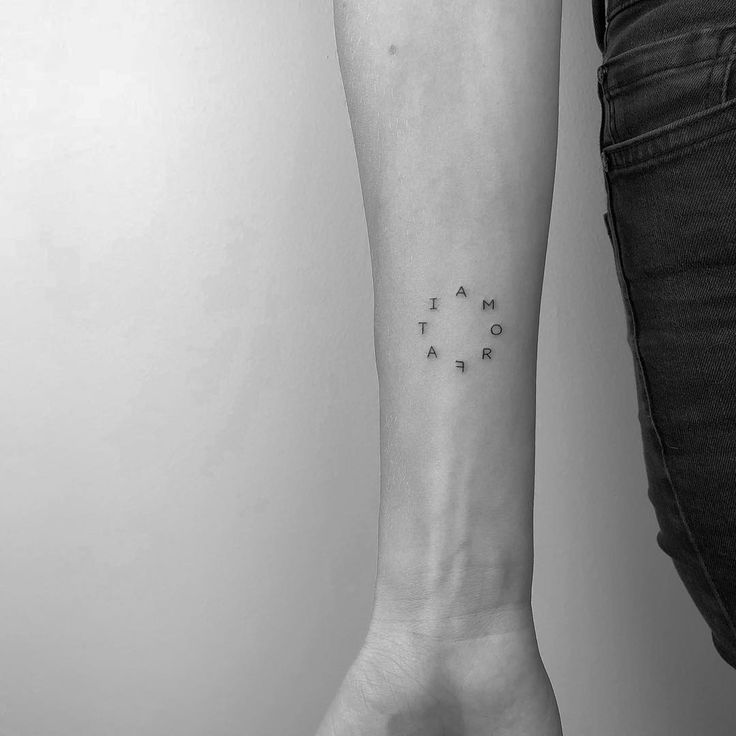

Amor fati.
Selection from Pinterest
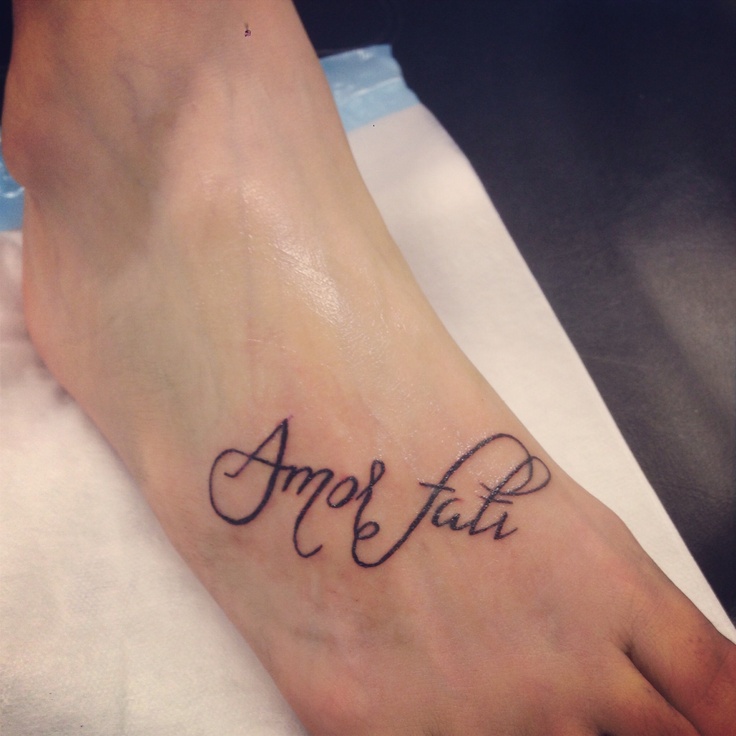

Amor fati' means 'love of fate' in Latin and is about fully embracing all that life throws at you, the good and the bad.
Selection from Pinterest
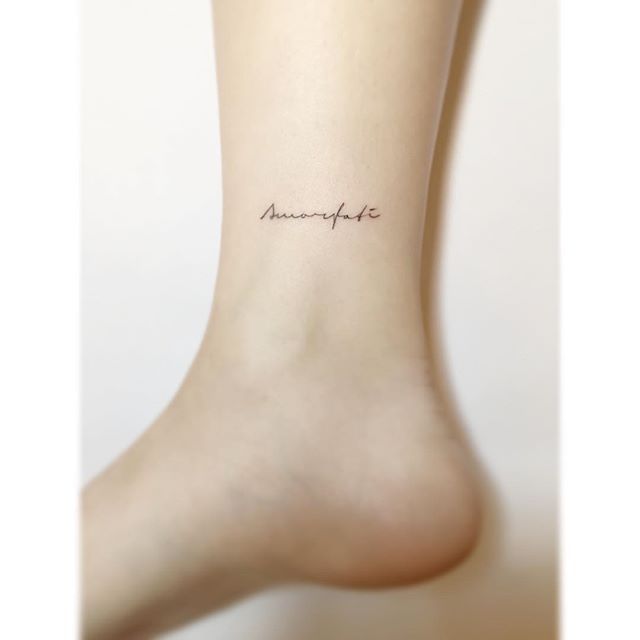

Amor fati. . #tattoo #tattoos #art #design #illustration #linetattoo…
Selection from Pinterest
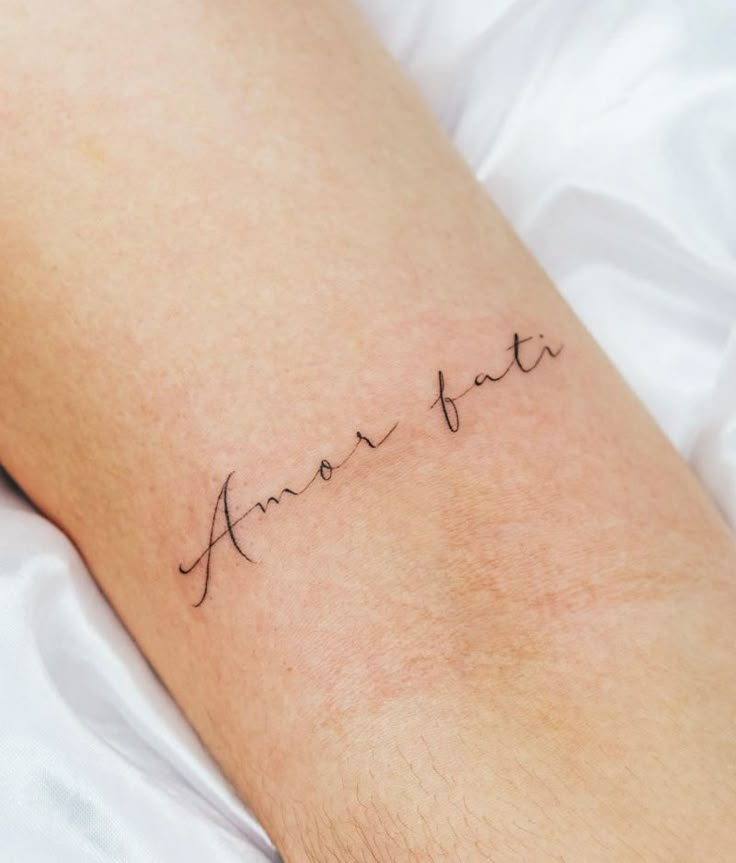

30 Unique Amor Fati Tattoos to Inspire You
Selection from Pinterest
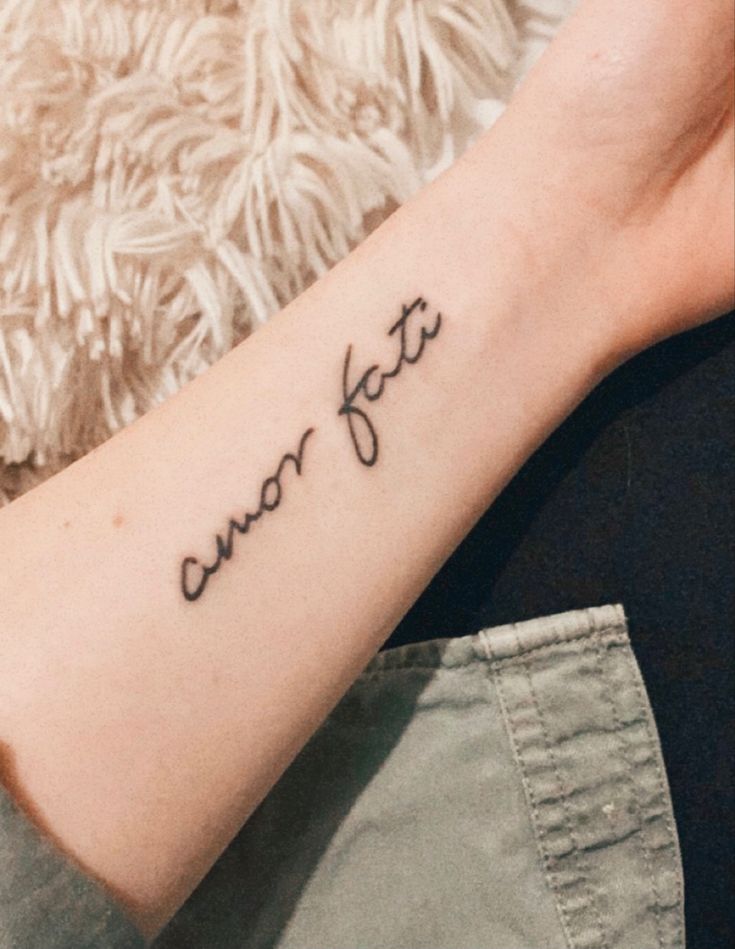

Amor Fati Tattoo
Selection from Pinterest


Amor Fati Temporary Tattoo Sticker (Set of 2)
Selection from Pinterest
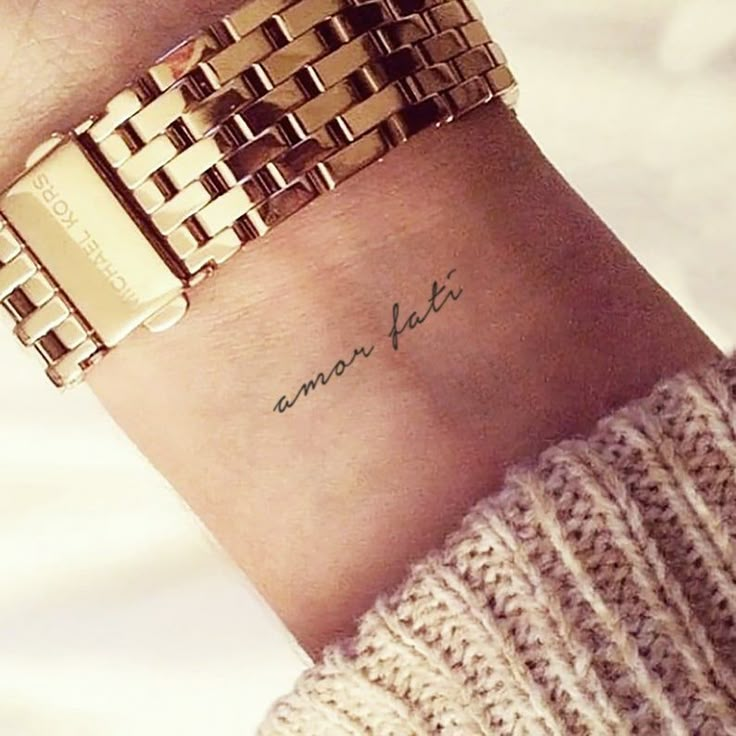

Amor Fati Temporary Tattoo Set of 3 from
Selection from Pinterest


98 Amor Fati Tattoo Ideas For Reconnecting With Your Inner Self
Selection from Pinterest


Tatuagem amor fati
Selection from Pinterest


Tatuagem amor fati
Selection from Pinterest
One App to Store All Your Tattoo Ideas
Store your tattoo ideas in one place and Virtual Try-On them on your body!

Avoid Regrets with 3D Virtual Try-On!
Do a 3D Virtual Try-On to see how your tattoo design looks like on your body before you get it tattooed. Powered by Tatship's AI and 3D technology.



Historical Origins and Evolution of Amor fati Tattoos
The historical significance of 'amor fati' is primarily philosophical. The concept dates back to ancient Stoicism, where it was embraced as a way to cultivate inner peace and resilience. The Stoics believed that by accepting fate, individuals could achieve a state of tranquility and freedom from emotional turmoil. Friedrich Nietzsche later popularized the term in the 19th century, advocating for a life-affirming approach that embraces all aspects of existence. Nietzsche's interpretation of 'amor fati' was not just about acceptance but about loving one's life as it is, without wishing for anything to be different. This historical context adds depth to the tattoo, connecting it to a rich tradition of philosophical thought.



